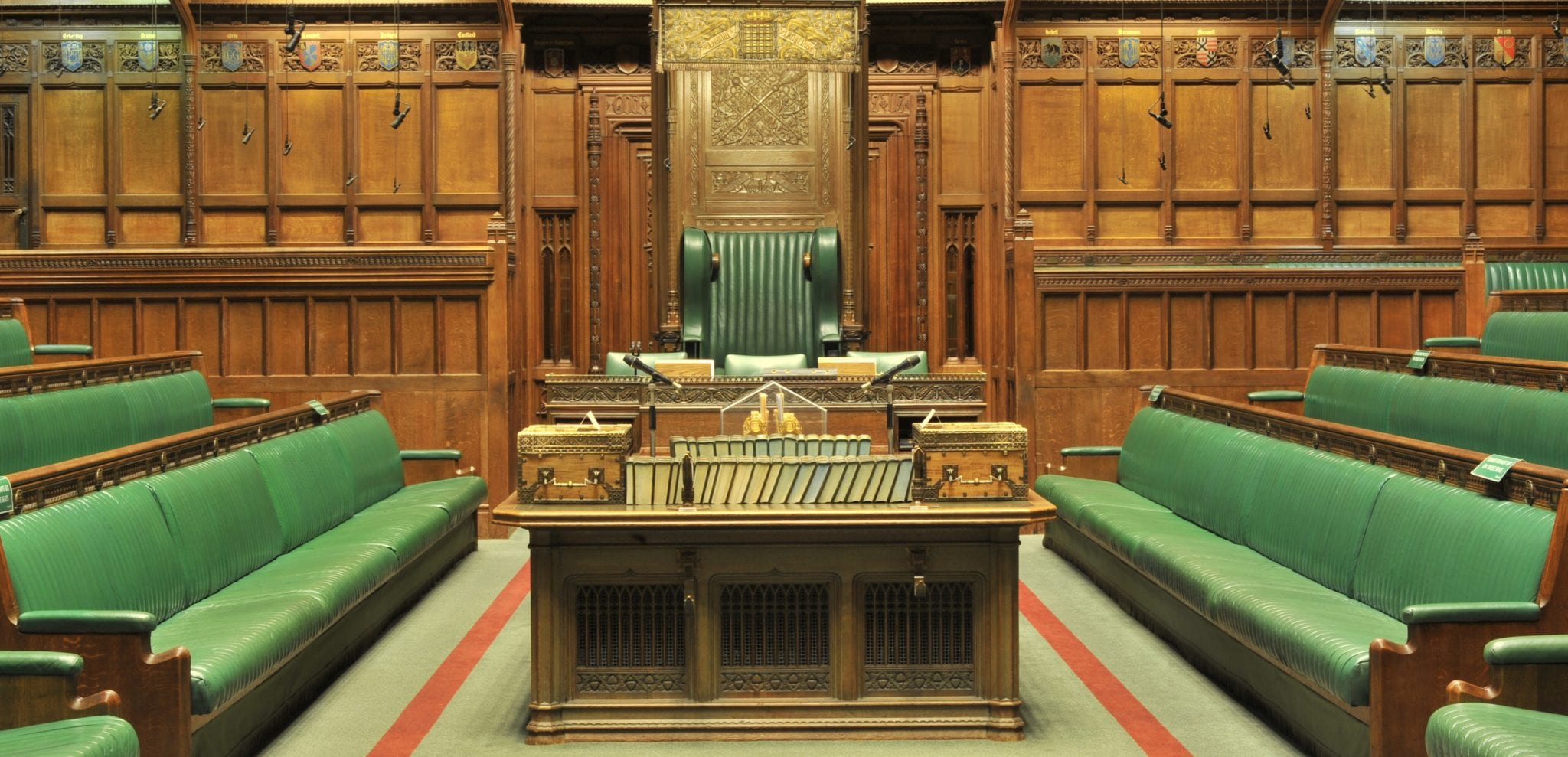

In his mini Budget, the Chancellor announced a number of new temporary measures to assist the economic recovery following the Covid-19 pandemic.
Most notably these include the Job Retention Bonus to encourage firms to keep on furloughed staff , the Kickstart scheme aimed at getting young people into work and two major tax cuts in the form of a stamp duty cut and a targeted reduction in VAT in the hospitality sector.
Mr Sunak acknowledged that the current job retention scheme (CJRS) cannot continue indefinitely and he announced the scheme will end in October with the aim of shifting the focus to his new Plan For Jobs announcements.
Job Retention Bonus
This is a one-off payment of £1,000 to employers that have used the Coronavirus Job Retention Scheme (CJRS) for each furloughed employee who remains continuously employed until 31st January 2021. The bonus will provide additional support to retain employees.
To be eligible, employees will need to:
- earn at least £520 per month (above the Lower Earnings Limit) on average for November, December and January;
- have been furloughed by you at any point and legitimately claimed for under the Coronavirus Job Retention Scheme;
- have been continuously employed by you up until at least 31st January 2021.
Employers will be able to claim the bonus from February 2021 once accurate RTI data to 31st January 2021 has been received. More information about this scheme will be available by 31st July 2020 and full guidance will be published in the Autumn.
Plan For Jobs Highlights
- Kickstart Scheme – the Chancellor announced a new Kickstart Scheme, a £2 billion fund to create hundreds of thousands of high quality 6-month work placements aimed at those aged 16-24 who are on Universal Credit and are deemed to be at risk of long-term unemployment. Funding available for each job will cover 100% of the relevant National Minimum Wage for 25 hours a week, plus the associated employer National Insurance contributions and employer minimum automatic enrolment contributions. This measure would see businesses employing a qualifying 24 year old receiving a grant in the region of £6,500. A government contribution towards overheads will also be paid.
The scheme will open for applications in August, with the first jobs expected to start in the autumn, and will run until December 2021. - Training and Apprenticeships – the Chancellor also announced a £1.6 billion employment support scheme to cover new apprentices.
The government will introduce a new payment of £2,000 to employers in England for each new apprentice they hire aged under 25, and a £1,500 payment for each new apprentice they hire aged 25 and over, from 1st August 2020 to 31st January 2021.
These payments will be in addition to the existing £1,000 payment the government already provides for new 16-18 year-old apprentices, and those aged under 25 with an Education, Health and Care Plan – where that applies. - Work Placements and Training – Employers who provide work experience for 16-24-year olds in work placements and training will receive a payment of £1,000 per trainee. Provision of traineeships and eligibility for them will be extended to those with Level 3 qualifications and below, to ensure that more young people have access to training.
Other New Measures Announced
The Chancellor also announced other measures, including:
- the Eat Out to Help Out Scheme – during August, diners can get 50% off Monday to Wednesday on meals and non-alcoholic drinks, up to £10 per person, when eating at participating restaurants, bars, cafes and other establishments that have registered.
- VAT reduction – from 15 July until 12 January 2021, the UK government will cut VAT from 20% to 5% on any eat-in or hot takeaway food and drinks from restaurants, cafes and pubs, excluding alcohol. This VAT reduction also applies to all holiday accommodation in hotels, B&Bs, campsites and caravan sites, as well as attractions like cinemas, theme parks and zoos.
- an increase in the Stamp Duty Land Tax (SDLT) threshold in England and Northern Ireland – increasing the threshold under which no SDLT is paid on the purchase of a main home from £125,000 to £500,000, with immediate effect until 31st March 2021.
- Green Homes Grant – A £2 billion Green Homes Grant will be introduced, providing at least £2 for every £1 up to £5,000 per household to homeowners and landlords who spend on making their residential properties more energy efficient. For those on the lowest incomes, the scheme will fully fund energy efficiency measures of up to £10,000 per household.




